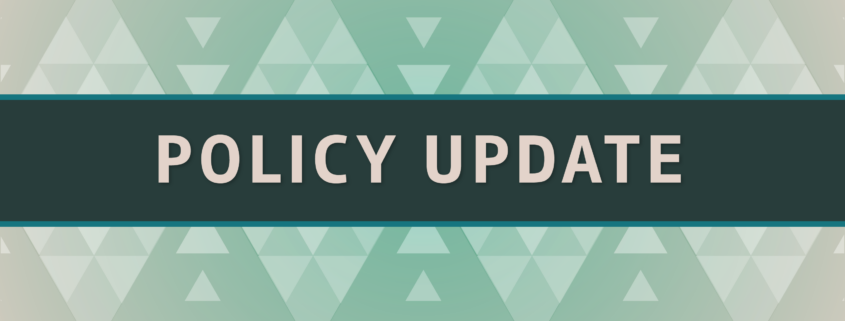Lawmakers and Tribal Leaders Emphasize Importance of HHS Programs for Native Healthcare in Senate Committee on Indian Affairs Oversight Hearing
On May 14, 2025, the United States Senate Committee on Indian Affairs held an Oversight Hearing on “Delivering Essential Public Health and Social Services to Native Americans – Examining Federal Programs serving Native Americans across the Operating Divisions at the U.S. Department of Health and Human Services.” The purpose of this hearing was to examine programs within the Department of Health and Human Services (HHS), specifically non-Indian Health Service (IHS) programs, that are essential to upholding the federal government’s trust responsibility. The trust responsibility requires the federal government to provide healthcare services to American Indian and Alaska Native people.
Watch the hearing here.
Senators and Tribal Leaders Emphasize Importance of HHS Resources and Highlight UIO Stories
In her opening, Senator Lisa Murkowski (R-AK) emphasized the importance of HHS programs for American Indian and Alaska Native communities: “As we look broadly at the programs within HHS, we have to remember that for many Native communities, non-IHS programs are just as important as those under the IHS. From public health initiatives to social services, these programs often provide the only consistent access to basic supports for the most vulnerable members of Native communities.” Senator Brian Schatz (D-HI) added to this by stating that there is a bipartisan agreement within the Committee that American Indian and Alaska Native communities need more help, and that “now is the time to stand together and protect Native healthcare.”
Chairwoman Janet Alkire, Standing Rock Sioux Tribe, testified that “despite chronic underfunding, Tribal Nations, Tribal Organizations, and Urban Indian Organizations rely on HHS resources to deliver life-saving care.” She also shared a story from an urban Indian organization (UIO) who lost communication with their Project Officer and Grants Manager for the Centers for Disease Control and Prevention (CDC) Healthy Tribes Program. This led to a gap in their program and ability to provide services to their patients.
Senator Catherine Cortez Masto (D-Nevada) asked witnesses to provide details about the importance of mental health programs at HHS, specifically Native Connections, by sharing a story about a patient at a UIO in Nevada: “There’s a nine-year old girl in Nevada Urban Indians who was struggling with mental health. And she did not – could not get the care from a school or pediatrician, but it was Native Connections’ program that, according to her father, got his daughter back.”
Senator Murkowski closed the hearing by stating, “The message I would like to leave with, with all of you, is amidst this uncertainty, know that we’ve got all got to link arms and get through this together.”
Background
NCUIH worked with the National Indian Health Board in preparation of the oral testimony of Chairman Alkire. NCUIH will also be submitting written testimony to the Committee.




